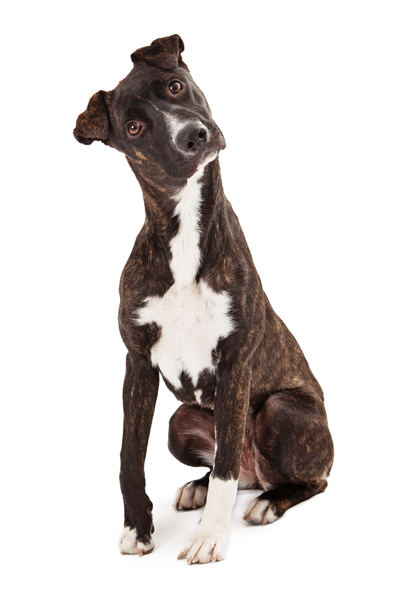Friendship Springs Veterinary Care
(770)967-8387
www.friendshipspringsvet.com
|
FriendshipSprings Veterinary Care serving Flowery Branch, Braselton, and Bufordsince 2006. Yourbest friend's veterinarian and animal hospital.
Gastric Dilatiation-Volvulus Syndrome (GDV or Bloat)
Certain breeds are at much greater disease for this deadly disease. Basically,what happens in gastric dilatation-voluptuous (GDV or bloat) is the stomach rotates and flips in abnormal fashion resulting in a cutting off of the normal blood supply to the stomach as well as closing off the entrance and exit to the stomach. Consequently, gases begin to form in the stomach and they cannot escape. The result is rapid and severe inflation of the stomach like a balloon in the abdomen. Unless corrected quickly the condition will be rapidly fatal. This disease is sometimes referred to as the mother of all emergencies because it strikes out of the blue,progresses very rapidly (think minutes to hours), and often results in death if timely intervention is not provided. Read on below for more information; a couple of useful links are provided at the end of this article.
The following is a partial list of breeds that are at highest risk, but this is by no means an all-inclusive list. Further, this disease has been seen across the spectrum of all dog breeds and also in cats. The common denominator of the higher risk breeds is that they are generally giant or large breeds with deep, narrow chests although other factors may increase or decrease risk. If your dog meets these criteria and is not on the list, he or she may still be at high risk. If you're not sure,ask your veterinarian.
Highest Risk* Great Danes (Number one breed for this disease) German Shepherds (Highest morbidity and mortality in this breed) Saint Bernards Standard Poodles Weimariners Boxers Setters (Irish, Gordan, etc.) Bassets (High risk medium sized dog) Shar Peis (High risk medium sized dog)
Very High Risk* Sight Hounds (Afghans, Borzois, Irish Wolfhounds, Greyhounds, etc.) Hound Dogs (Blood, Blue Tick, Red Bone,etc.) Doberman Pinschers Rottweilers Bernese Mountain Dogs Newfoundlands Great Pyrenees Akitas Airedale Terriers Alaskan Malamutes
Higher Risk* Retrievers (Labradors, Goldens, Chesapeake, etc.) Collies Springer Spaniels Samoyeds *Please note breed risks list may vary to some degree depending upon which study one reads, but agreement among them regarding the highest risk breeds is usually quite close.
While this disease is sometimes treatable, many times it is not. Depending again on the study one reads, the statistics vary any where from 20 to40%mortality. Much depends on how long the problem has been developing, how aggressive treatment is (less aggressive = higher mortality), breed of the dog, and many other factors. Further, this is an expensive problem to treat. Total hospital bills fun often in the$3000 to$4000 range, some significantly higher. Conversely, there is a preventive surgical procedure that can dramatically reduce risk that is significantly less expensive to perform.
If your dog is at risk or might be at risk for this terrible disease, there is something you can do about it. A surgical procedure called Prophylactic Gastropexy can be performed that may reduce your pet's risk of developing this problem. The surgery is relatively quick and easy to perform (when it is not performed during an emergency, that is) and can be done at anytime, but most often is done with your pet's spay or neuter procedure. Essentially, this surgery is a "tacking" procedure that prevents the abnormal stomach rotation that causes this disease. While this procedure does not reduce the risk of GDV to zero, statistics show that the reduction for the highest risk breeds can be tremendous. One study showed that there was almost a 30-fold less chance of Great Danes developing GDV following prophylactic gastropod which is huge when one considers that as many as 1 out of every 3 Great Dane swill develop this condition in their lifetime (click here for the reference).
Here are a couple of links to give you more information about this disease. If you are interested in speaking with us about whether or not Prophylactic Gastropexy is right for your pet, please let us know, we are always happy to help.
Bloat- the Mother of All Emergencies
First Aid and Emergency Care - Bloat
|

